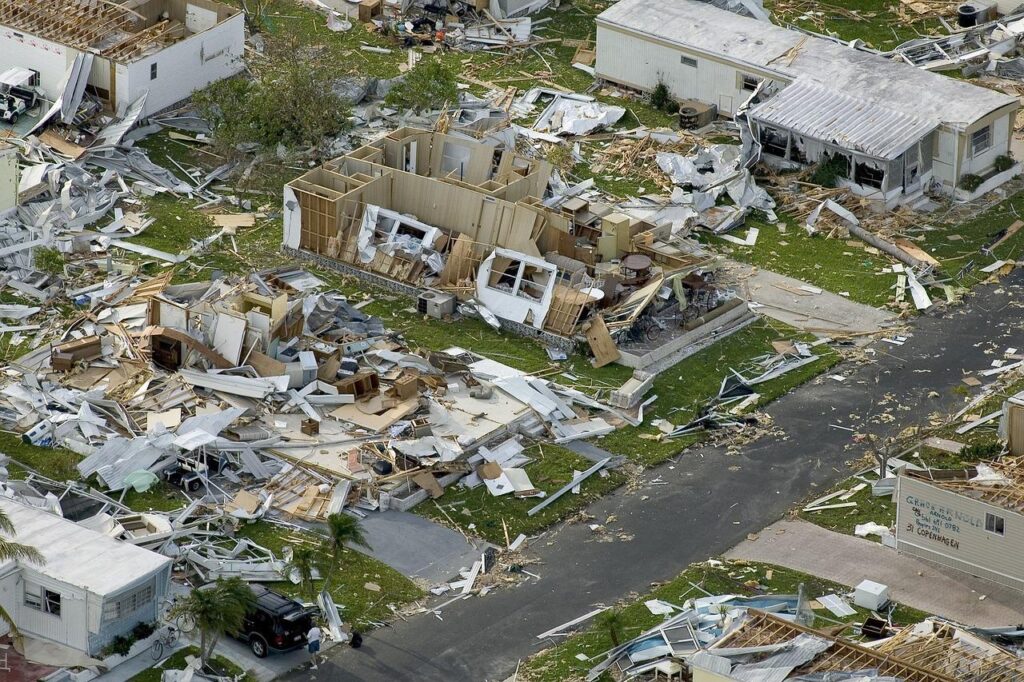Emergencies rarely announce their arrival. A power outage during a storm, a car breaking down on an isolated road, or even something as serious as a house fire—they catch families off guard.
Preparation makes all the difference. Simple steps, such as organizing an emergency kit and agreeing on meeting points for disasters, can help keep chaos at bay. Knowing what to do in the event of an accident, both at home and while driving, builds confidence.
Unexpected moments do not need to mean panic—read along for practical tips every family should know.
Keep Emergency Kits Accessible and Well-Stocked
Every family needs at least two emergency kits—one for the home, another for the car. At home, include essentials like non-perishable food, bottled water, a flashlight with spare batteries, basic first aid supplies, and copies of important documents in waterproof bags.
For the car kit, add jumper cables, a tire repair kit or spare tire tools, blankets for warmth during winter months, and a phone charger that works with your vehicle. Store these kits in a location where everyone knows to find them quickly.
Discuss and Practice Family Safety Plans
Emergency kits are essential, but plans guide your actions when crises arise. Gather everyone in the household to create a safety plan that addresses common scenarios like fires, severe weather, or accidents while traveling. Establish clear escape routes at home and identify safe meeting spots outside.
For road emergencies, agree on steps to take if stranded, like who to call and how to stay visible on the roadside safely. Practice these plans regularly so everyone feels confident under pressure. Visualizing what to do ensures no one freezes in critical moments, making response times quicker and more effective.
Understand Insurance Coverage and Legal Support

Safety plans help with immediate actions, but knowing your coverage adds a layer of long-term preparedness. Review your home, health, and auto insurance policies as a family to understand what is covered in emergencies like natural disasters or car accidents.
If you face a collision while traveling, it helps to know how to contact local professionals who can guide you. For instance, reaching out to a Topeka car accident lawyer ensures expert advice on navigating claims and legal processes after an incident in Topeka.
Stay Informed with Reliable Communication Tools
This final tip ensures your family remains connected and informed during emergencies. Keep fully charged phones and power banks accessible, as communication is crucial when coordinating help or receiving updates. Equip your home with a battery-powered weather radio to stay informed about severe conditions when the internet is unavailable.
Teach everyone how to use messaging apps that work offline or through minimal data if traditional cell networks fail. Create a list of emergency contacts saved in each phone for easy access, ensuring quick communication when time matters most.
Wrapping Up
Preparing for emergencies strengthens your family’s safety and peace of mind. From kits to plans, insurance knowledge, and reliable communication tools—every step adds value.
Emergencies are unpredictable, but preparation turns chaos into manageable moments. Taking these precautions today means your family can face tomorrow’s challenges with confidence and resilience.


















